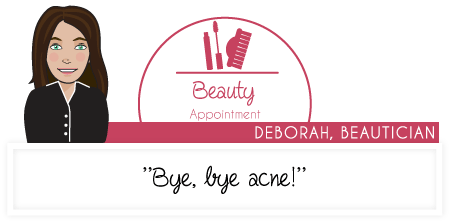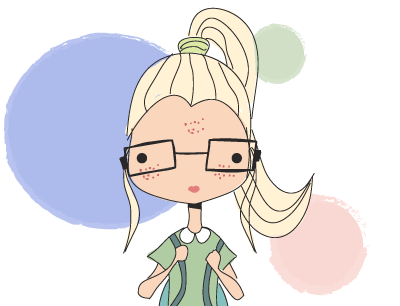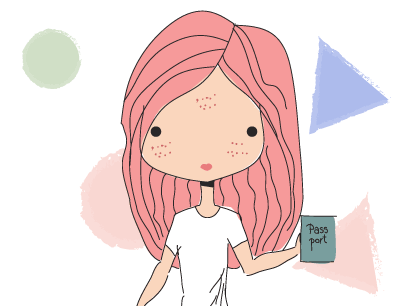

Acne is an all-too-common skin problem affecting over 80% of young people and can persist for years. Nowadays, dermatologists are recording even greater numbers of adults seeking solutions to treat their skin.
Although it is mostly harmless, acne can often become severe to such a point that it takes a serious daily toll on those affected. With everyone back to work and school after the holidays, and after indulging in some summer sun, it can be pretty tough to bare the return to reality! The stress of fresh acne combined with work can be harrowing... but we're here to help!
What are the best habits to adopt to handle all those annoying spots, blotches and blemishes and take the stress out of getting back to work? Find it all worked out for you in our special acne report!.Teen Acne: A Common Menace

During puberty, the production of sebum - linked with the sebaceous glands in the skin - increases and can become imbalanced and excessive. This makes the skin greasy, shiny and blocks the pores. In this way, the skin is more likely to develop blackheads and spots.
In spite of what some might say, you shouldn't target this excess sebum and risk damaging your skin in the process! In fact, by washing your skin too much or by using products that are too strong or aggressive (e.g. alcohol-based cleansers) you could actually cause your skin to produce even more sebum as a reaction.
It is better, then, to opt for more gentle products that are adapted to your skin type and adopt a proper skin routine and cleansing method.
Basic habits to follow:
- • Carefully cleanse in the morning and evening.
- • Gently exfoliate your skin once per week.
- • Moisturise and care for your skin daily.
Adult Acne: A Growing Problem

One in three women between the ages of 25 and 40 are affected by this skin problem. Quite different to teenage acne, adult acne appears primarily on the neck, chin and along the jaw often in the form of inflammatory lesions which go deeper and are usually more painful.
Although dermatological research is not able to fully explain this phenomenon in adult women, we can pinpoint a few aggravating factors such as smoking, using the wrong (not appropriate or adapted) skin care products, pollution, stress as well as hormonal changes.
So how is one to manage? Luckily, there are a wide range of treatments to care specifically to adult acne. As well as providing a targeted action, they prevent the recurrence of unpleasant residual marks. For best results, it's important to change one's basic habits by adopting a proper daily cleansing routine and using adapted makeup and skin care products.
Stopping Post-Summer Acne

In summer, the sun tends to make acne less visible, even leading us to believe that it has disappeared altogether. In September, however, this does little to stop acne popping its greasy face up again in school and at the office!
When exposed to the sun, skin blemishes are actually hidden under the epidermis (the top layer of the skin) as UV rays make it thicker and drier. Our skin stores up the sebum which would otherwise have been released. It's only after you get back from holidays that normal secretion resumes and it's at that point that acne begins to appear.
To prepare for this altogether unpleasant effect, you can apply high protection sun cream for going out in the sun and use an exfoliating lotion afterwards in the evening (e.g. with an AHA base). You should also keep your skin hydrated by moisturising in the morning and evening. And, if it's already too late (don't fret!), we recommend that you use zinc-based treatments to speed up cell renewal, get on track with a consistent skin care routine and... have just a little bit of patience ;-)











